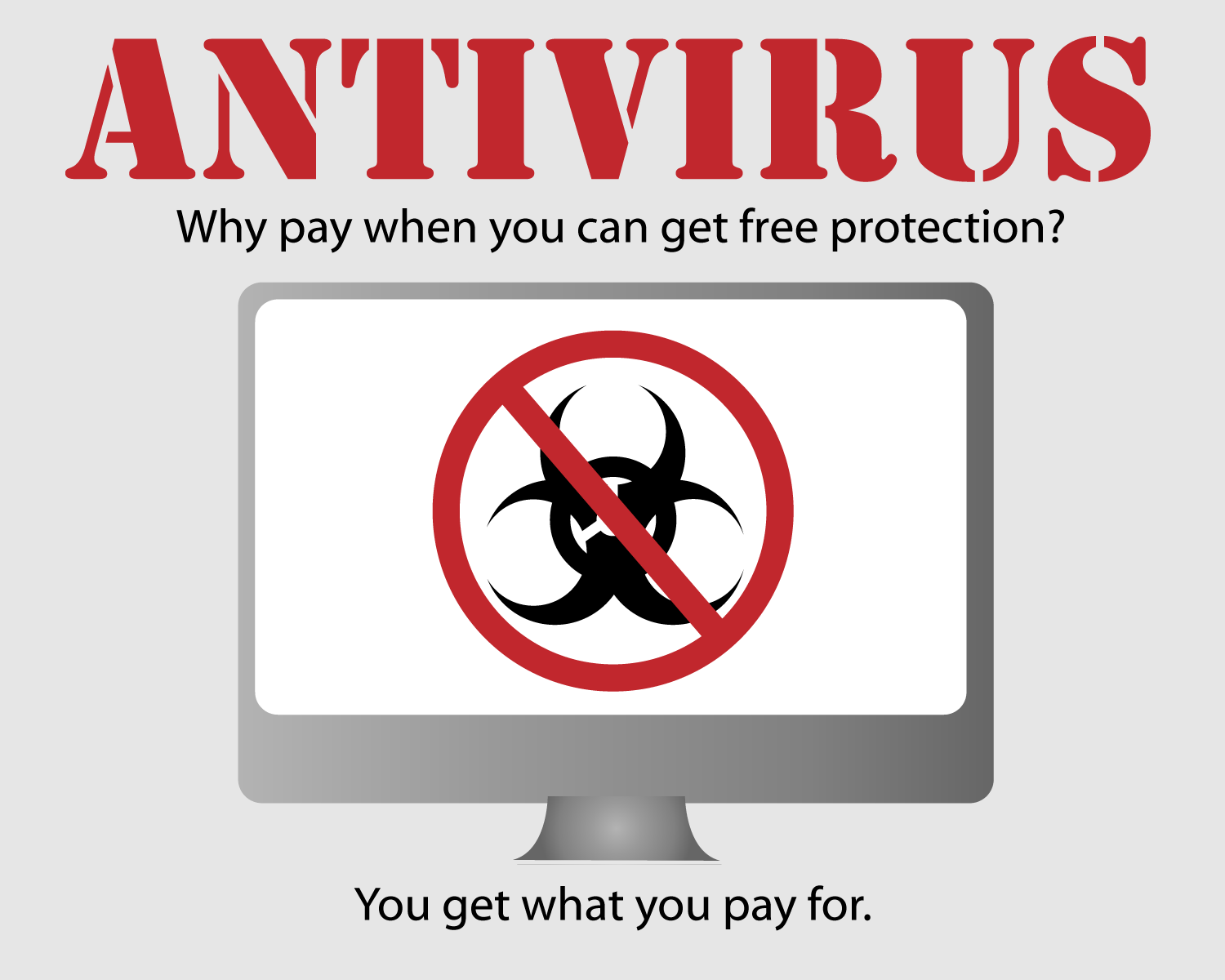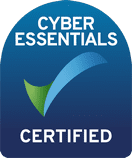Did you know that only 75% of PC users today use anti-virus software?
So that means that 25% are not and that’s a figure that is far too high.
To put it another way, for every 10 people you communicate with electronically between two and three of those people are not using anti-virus or other protection system.
Now if you are working in a large corporate environment and you are dealing with people in large corporates then this probably won’t be an issue for you.
But regardless of what type or size of organisation you belong to, if your clients are made up of the general public or you are working with start-ups or small business owners who are not particularly tech savvy then the probability is that you are regularly communicating with people who don’t actively guard against computer viruses.
CASE STUDY:
One of my clients runs a coaching practice and she was liaising with an independent financial adviser from a very reputable wealth management company and she couldn’t understand why she wasn’t getting her emails.
She knew the exact time the emails were being sent so my team did a bit of digging around and very quickly found the answer. The person my client was liaising with had a virus in the emails she was sending.
Because we scan email and we install very strong firewall and anti-virus software on all TTG client laptops, the software was preventing my client from receiving the infected emails. My client was amazed and her client didn’t quite believe it was possible as the IT security of this particular wealth management company is generally very strong indeed.
Needless to say this got sorted out quite sharply by the wealth management company, which of course takes its IT security very seriously. So it wasn’t long before my client and her client could get back to communicating safely via email.
But business owners and employees who deal with the general public can easily pick up internet nasties. In many case, these viruses go undetected and unnoticed until they have had enough time to do their damage.
What to look out for…
Double the anti-virus, double the pain
This brings us to a common mistake made by entrepreneurs who don’t have proper IT support and expertise to draw upon.
In short, they end up with two anti-virus programmes on their laptop thinking that it doesn’t matter and that perhaps having two anti-virus software programmes is somehow better than one. In actual fact though it isn’t and it does matter.
What happens when you have two anti-virus programmes running at the same time is that they can see each other as a threat and elements of their anti-virus programmes won’t work.
So make sure you just have one anti-virus software running on your PC/laptop and don’t fall into the trap of thinking that more systems means better protection. At best, it will also just “slow everything down” and impact on your performance and the systems reliability.
Firewalls
Firewalls are something that a lot of business owners don’t talk about and especially sole traders.
Your firewall will stop the internet nasties getting through and penetrating your computer and your IT systems. It’s different to your anti-virus and shouldn’t be confused. Your firewall will help prevent hackers from stealing your files and data.
The majority of paid for anti-virus comes with firewall protection but free anti-virus software often doesn’t include firewall protection and the difference is an important one to be aware of. The firewall in paid for anti-virus software also works in conjunction with the AV software as well, so it can scan files you are downloading before they even end up on your computer.
A good firewall will not only monitor your usual internet connection at home or the office but also be aware of any change in location – so it will help protect you when you are connected to a coffee-shop’s WiFi.
Phishing attacks
Did you know that according to Microsoft as much as 75% of all emails sent around the world are spam?!
So don’t assume that every email you receive is legitimate, even if you have anti-virus installed.
Now, some scam emails are more sophisticated, more cunning and more convincing than others, with the biggest threat being emails that come in from skilful hackers passing themselves off as representing trusted and popular service providers such as PayPal, Apple or Microsoft, or perhaps your bank or your local supermarket. Email scams are often timed carefully, with “tax refund” emails being sent out just after the end of the tax year or “your order has shipped” emails being sent out near Christmas.
Before you open any emails from any service provider, even those you regularly receive emails from, look at the address the message is coming from – is the domain name structure legitimate ie the same as it usually is?
An email from a reputable company will read [email protected] or .com. If the email you’re looking at follows any other pattern or includes different letter or symbols then that is usually a clear sign that it isn’t what it claims to be.
Also, if you can’t see the full email address for any reason then the hacker has probably added in spaces to hide their identity – you should delete these kinds of emails right away, especially if the email is about some sort of special offer you mustn’t miss out on.
And if you are in any doubt at all then you should call the service provider and find out whether or not they have sent you an email that requires your response.
This same advice also applies if you receive unexpected attachments or short emails with strange links from friends or co-workers. If their email account or contact list gets hacked, the next email you receive from them may be from a criminal instead.
Expired license
A common issue among business owners and anyone else for that matter who buys a new laptop is that they let the licenses linked to their anti-virus software run out and become effectively useless.
Offering the first 90 days of protection for free is a common ploy used by anti-virus software providers. This is great if you’ve got a new computer but not if you don’t get the reminder emails and you forget to renew the licenses and end up with an unprotected laptop.
You don’t necessarily need to renew the licence with the same anti-virus software provider who gave you the 90 days free but it’s important to install some form of protection onto your computer or else your systems will be potentially exposed to all manner of online nasties.
If you’re unsure of how best to protect your computers or your IT systems then it is well worth contacting experts on the subject. The steps you need to take are generally very simple and straightforward but it’s important to be clear about what you’re aiming to achieve and how best to secure the protection you need.







Leave a Reply
You must be logged in to post a comment.